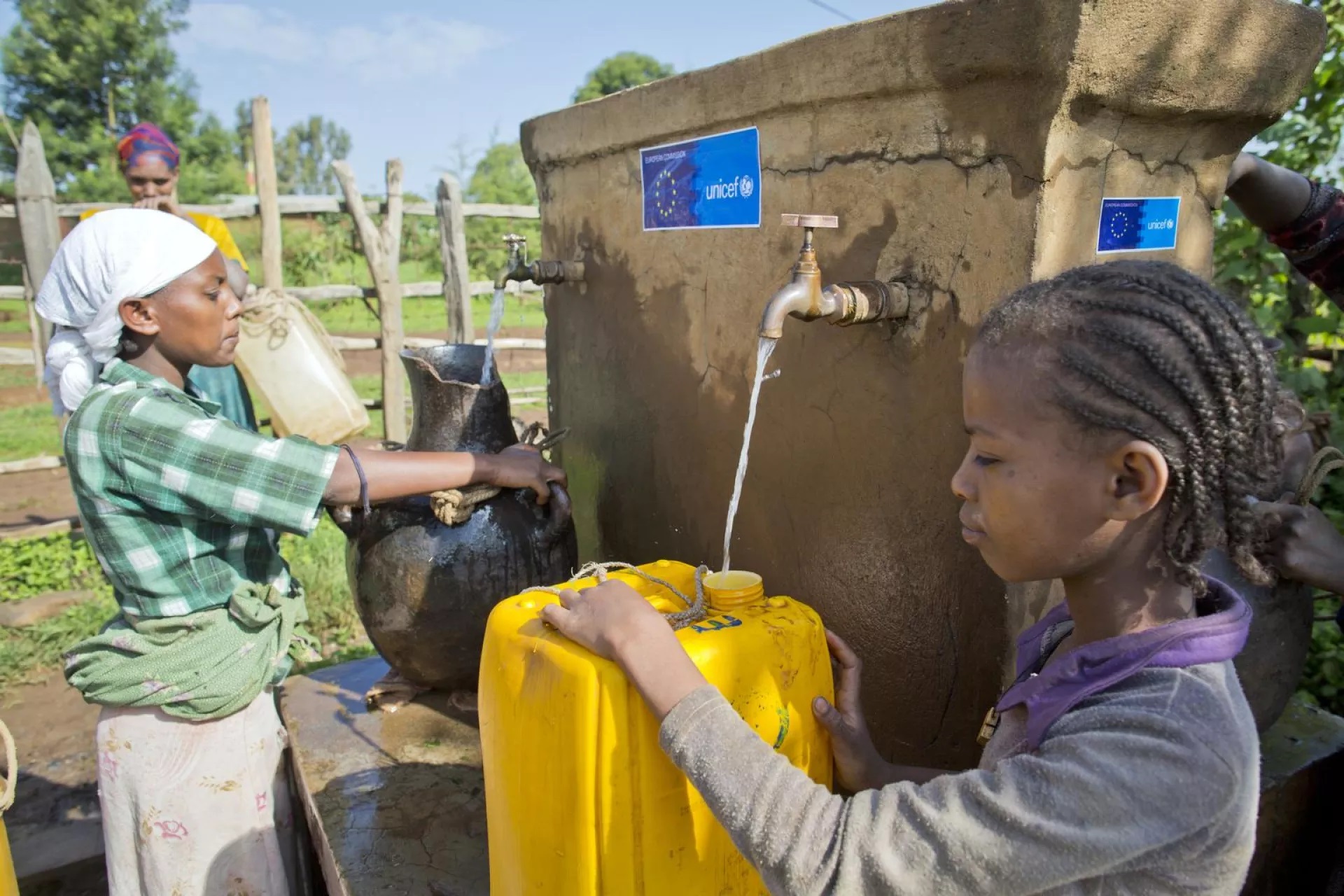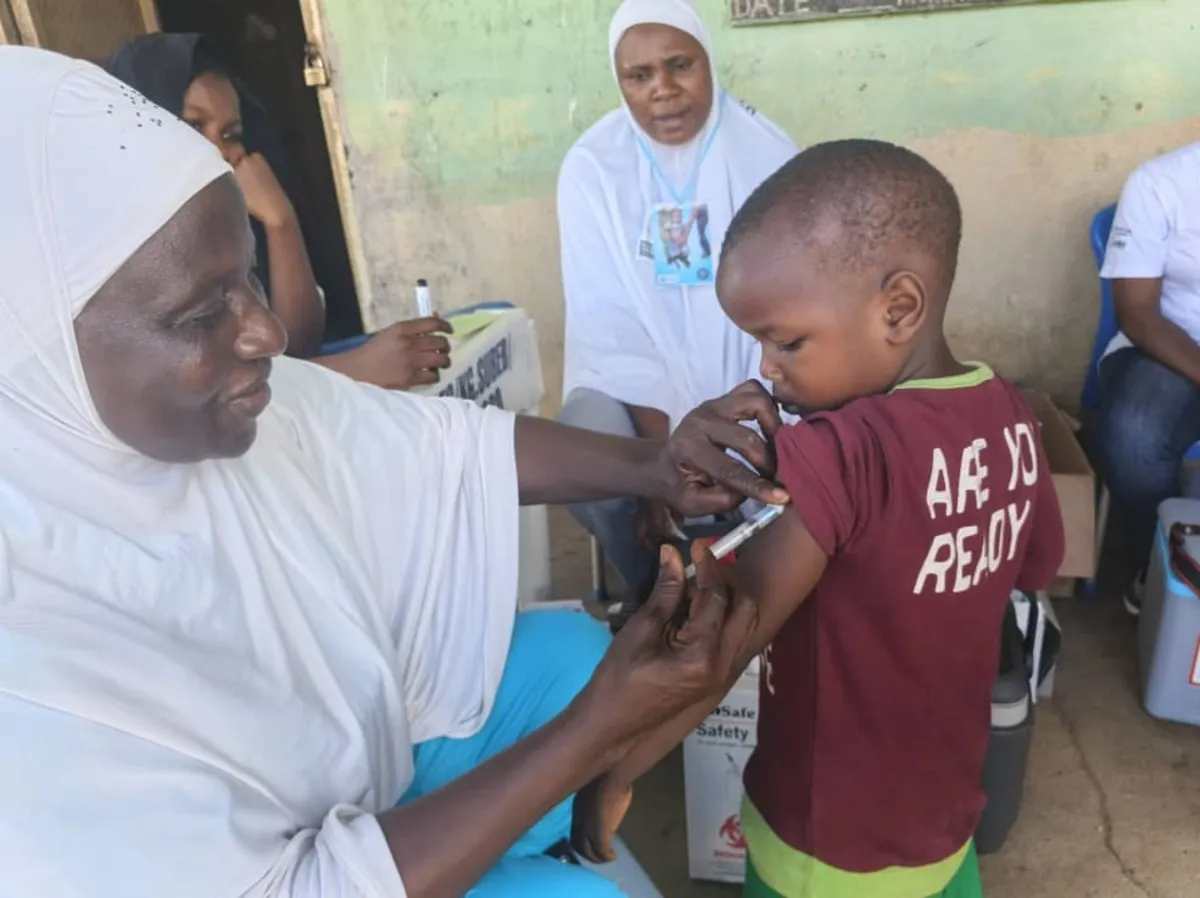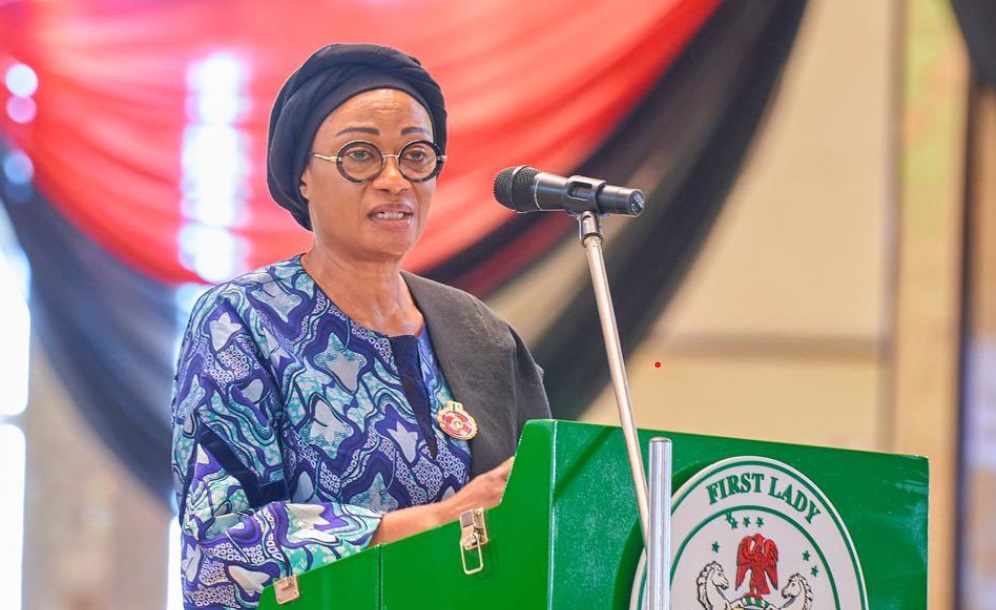The United Nations Children’s Fund (UNICEF) has called on Nigerian authorities to implement Citywide Inclusive Sanitation (CWIS) as a sustainable policy to ensure universal access to safe and affordable sanitation.
UNICEF WASH Specialist, Monday Johnson, made the appeal at a two-day media dialogue in Oyo State, organised in collaboration with the Oyo State Ministry of Information, to promote awareness and advocacy on urban sanitation issues.
Johnson described the CWIS approach as adaptable to all settlement types, from high-income neighbourhoods to informal communities, ensuring no one is left behind. “CWIS defines what kind of facilities are appropriate for each area, ensuring everyone—rich or poor—has access to sanitation,” he said.
He emphasised that the model not only protects public health and the environment but also supports economic growth, gender equality and improved governance. Johnson also cited challenges slowing Nigeria’s sanitation progress, including weak institutions, low technical capacity, and inadequate data for planning.
“The country’s progress is slow because there are significant institutional and human resource gaps,” he said. “Sanitation should be seen as both a public health necessity and an economic opportunity.”
Johnson urged governments to fund and scale up CWIS nationwide, aligning with UN Sustainable Development Goal 6, which aims to ensure access to clean water and sanitation for all.





